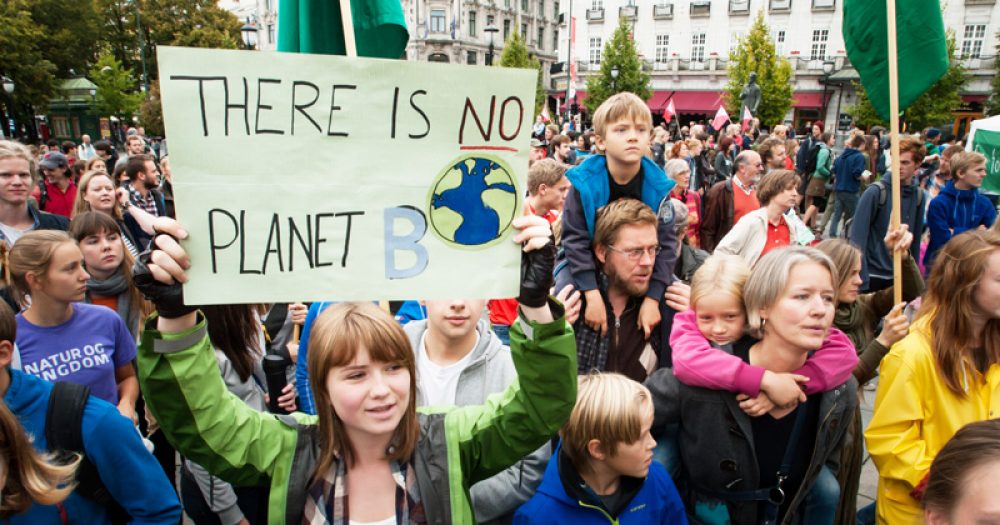Nadhim Zahawi’s launch of the DfE Sustainability and Climate Change Strategy at COP26 is surely welcome. Education is a vital vehicle for addressing climate change and the security of the future of life on the planet. It is, however, an announcement full of ironies.
The first irony is that the government’s wholesale commitment to this cause is in direct contrast to so much of their policy agenda, which faces away from the future. In About Our Schools, to be published shortly, Tim Brighouse and I explore the way our schooling system is too susceptible to the policy whims of secretaries of state. Sadly, Zahawi’s announcement will come across to many like one of those whims – a ministerial move to ‘catch the rising tide’ of opinion, unmatched by political commitment and unlikely to result in sustained (let alone sustainable) policy.
The fact is that while this policy should be welcomed, it is many years late. Every school’s roofing could already host solar panels, not just those of a pioneering few, and the environmental damage of millions of annual test and exam papers (plus all those practice versions) could have been reduced years ago.
The second irony is that before Michael Gove revised the national curriculum, it contained a series of cross-curricular strands, including environmental sustainability (as well as multiculturalism, physical and mental health and financial literacy). These were to inform and be informed by a range of subject disciplines, yet these were all abandoned by Gove as fripperies in service of a future world he believed demanded an emphasis upon self-styled ‘powerful’ knowledge.
Moreover, this revision was led by the same newly minted secretary of state for education who while in opposition had instigated a judicial review of the Labour government’s decision to provide all schools with a DVD of Al Gore’s An Inconvenient Truth. The same man who later would become secretary of state for… er… the environment.
While this policy should be welcomed, it is many years late
As a politician more interested in rhetorical victories than practical progress he is doubtless philosophical about his own government revamping his earlier curriculum to include teaching of environmental matters. And besides, the announcement itself may well be little other than a rhetorical gambit in his image. A review of geography and science where climate change is already taught and a ‘model science curriculum’ are unlikely to be looked upon as the kind of fundamental change the current secretary of state has led us to expect.
The DfE strategy proposes an award for youngsters who make a valid contribution to environmental sustainability. I welcome this too, and all the more so because it is a criterion-referenced award, contrasting sharply with our cruel norm-referenced exam grades that so unfairly guarantee failure for so many children in our schools.
But is it really as far as we can go to recognise young people’s climate leadership? Many have been campaigning for several years now, rallying to the call of Greta Thunberg (who ministers, meanwhile, have openly criticised). During COP26, young people protested loudly about politicians not taking matters seriously. So perhaps it’s time we trust them to set the curriculum agenda.
The final irony is that the government’s ‘strong and decisive’ action on the environment comes in the month that the National Association for Environmental Education celebrates its 50th anniversary. For five decades, our small but perfectly formed subject association has supported schools and teachers in their efforts to help children understand, appreciate and care for their environment, with scant support from any government.
For a relatively negligible price, Nadhim Zahawi could have sponsored an enthusiastic member of staff in every school to join that organisation. In one fell swoop, he could have grown the reach of a professional community with a true commitment to putting sustainability ‘at the heart of education’ and supported the development of an evidence-based approach to teaching sustainability nationally.
My bias for the NAEE aside, this must surely be part of any climate change strategy for schools – regardless of how it’s achieved. That this government has not so far made the connection is, indeed, deeply ironic.














Your thoughts